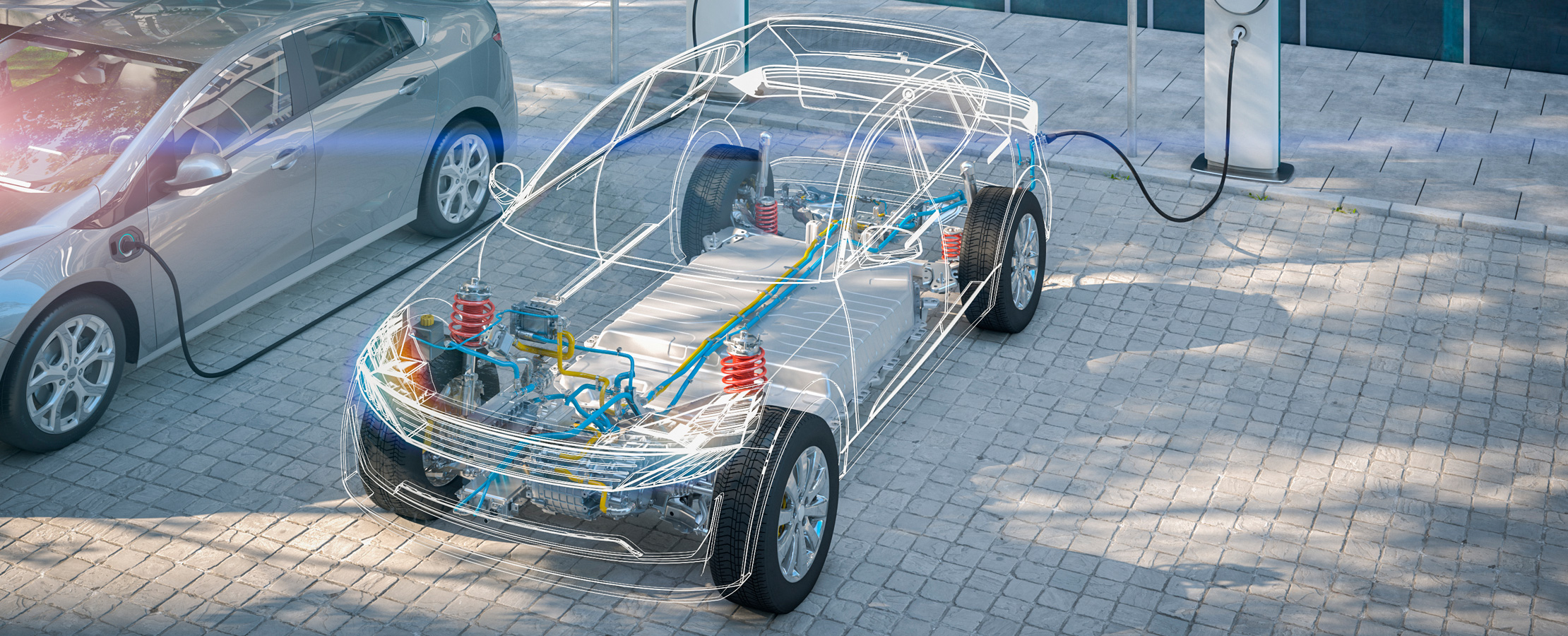Emissions-Free Vehicles and Auto Industry
Shift Toward Electric Vehicles Accelerates
Global efforts to put more zero-emissions vehicles on the road progressed recently with the announcements that the largest U.S. automaker and the government of the United Kingdom are pressing forward with ambitious goals to produce and sell emissions-free cars, SUVs and light pickup trucks.
General Motors Co. announced Jan. 28 that all of its new cars, SUVs and light pickup trucks will have zero-tailpipe emissions by 2035. GM also pledged to source 100 percent renewable energy to power its U.S. facilities by 2030, and its global sites by 2035.
"General Motors is joining governments and companies around the globe working to establish a safer, greener and better world," GM Chief Executive Officer Mary Barra said in a statement. "We encourage others to follow suit and make a significant impact on our industry and on the economy as a whole."
In December, the UK Government said it would ban the sale of new petrol and diesel cars and vans beginning in 2030. It joins zero-emissions leaders, Demark and Norway, in pressing for countrywide adoption of electric vehicles (EVs). Demark has set 2030 as the goal for zero-emissions sales; Norway, where hydropower provides more than 90 percent of electricity generation, is pressing for 2025.
The International Energy Forum (IEF) has encouraged the global potential of EVs. Through research and dialogue, the IEF tracks the transport sector, and follows advancements in fuel efficiency, the rise of alternative fuels, improved battery storage, and investment in EVs.
"Current investment trends may favour efficiency improvements in internal combustion engine vehicles, but we believe long-term interest in EVs will grow as countries like the UK and others call for a transition to zero-emissions sales,” said IEF Secretary General Joseph McMonigle. “Some industry forecasts suggest global EV sales could make up more than 50 percent of sales worldwide in most vehicle segments by 2035."
The IEF has analyzed the supply chains to assess the cost implications for energy security and sustainability of greater use of EVs. These imply more reliance on imports of rare earths such as lithium, neodymium, and cobalt for the batteries and other new appliances EVs rely on. The switch to electric power might give a longer lease on life to coal fired power generation in non-OECD growth economies in Asia, while there may be a need for more nuclear power in OECD economies as a consequence of an acceleration in the electrification of the transport sector.
In 2019, some 2.21 million passenger plug-in cars were sold globally, or about 1 in every 40 new cars. EV sales accounted for 2.5 percent of the market in 2019, up from 2.1 percent in 2018. All-electric cars accounted for 74 percent of sales in 2019, with the remainder of sales being plug-in hybrids (26 percent).
The UK initiative builds on efforts to reduce petrol and diesel vehicle sales. The Government has invested some £1.3 billion in building out EV charging points and another £582m for grants to EV buyers to encourage sales. Those investments align with policy changes focussed on determining what type of vehicle chargers are needed and where they should be located to accelerate the use of electric fleets.
UK initiatives dovetail with the auto sector's shift from internal combustion engines to emissions-free battery and hydrogen powertrains. Tesla leads the industry today, and Nissan says it will electrify all of its models by the early 2030s, although the fleet will still include hybrids. In November 2020, Bentley Motors set 2030 as a target date for shifting its entire fleet to battery-electric vehicles, with zero-carbon exhaust emissions.
In its announcement, GM said it was increasing its investment in electric and autonomous vehicles to $27 billion over the next five years. The company sold 2.55 million vehicles in the United States in 2019. Of that, only some 20,000 were electric vehicles.
GM is responding to recent changes in the United States. The new Biden administration pledged to boost EV sales to shift away from gasoline-powered vehicles. President Biden also directed U.S. agencies to replace the government's 650,000-vehicle fleet with EVs. And in September 2020, the State of California announced that it would ban the sales of internal combustion engine passenger cars and trucks beginning in 2035.






